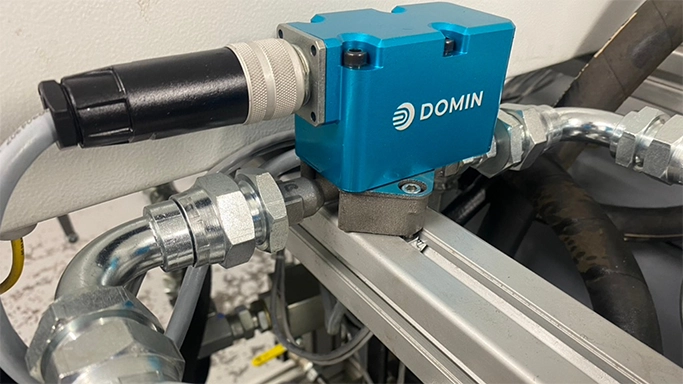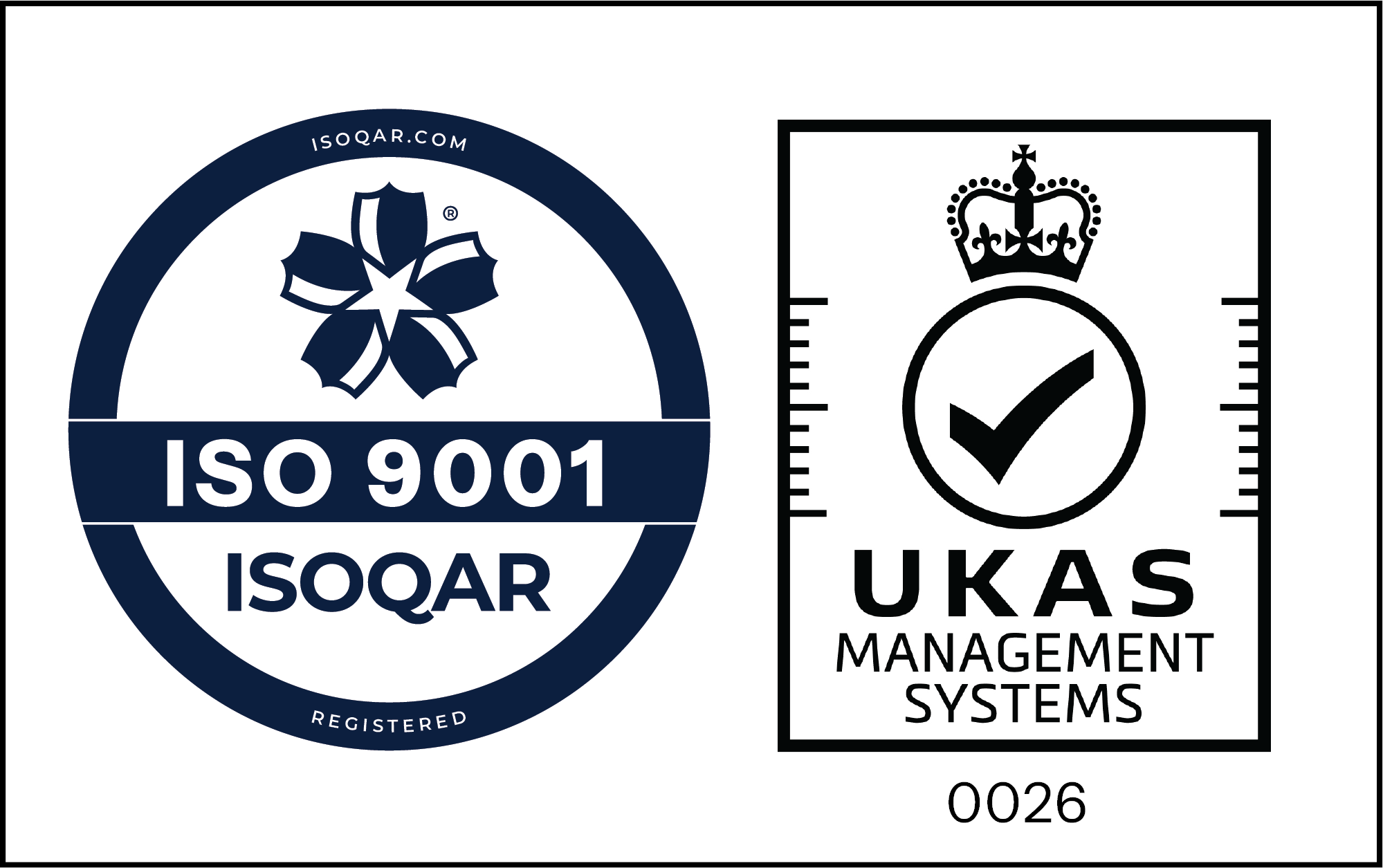Hydraulic servo valves are commonplace in the aerospace, automotive, and industrial manufacturing industries, among others. Yet, for the most part, they still rely on decades-old, inefficient technology. This article will take a look at how Domin is challenging this, and how to choose the best hydraulic servo valves for industrial manufacturing.
What Are Servo Valves?
Hydraulic servo valves are electrically operated devices that control the flow of hydraulic fluid to actuators in machines or systems. They play an important part in controlling the position, force, and velocity of actuators and are used extensively in the industrial manufacturing, aerospace, and automotive industries.
The key features of servo valves include:
- Closed-Loop Control: Hydraulic servo valves constantly adjust the valve position based on feedback signals, to maintain the desired output.
- Precise Control: Servo valves are designed to provide highly accurate control over the flow of hydraulic fluid.
- Response Time: To maintain precise control, servo valves need to be able to make rapid changes in response to feedback signals.
- Reliability: Reliability is a key requirement of servo valves, as they are used in critical applications.
- High-Pressure Capability: Servo valves need to be able to handle high-pressure hydraulic systems, especially in the industrial manufacturing industry.
Types of Servo Valves
Servo valves come in three different types, single-stage or direct drive valves, two-stage, or three-stage. The three types are listed below:
- Single-Stage Servo Valves: Controls hydraulic flow by using a torque motor to physically position the spool.
- Two-Stage Servo Valves: Uses a pilot stage and a second stage. A motor exerts force within the pilot stage that controls fluid to the second stage. The fluid flow in the second stage causes the spool to move into position, allowing fluid to flow through the valve. This two-stage design allows increased flow capacity and force output.
- Three-Stage Servo Valves: Contains an intermediate stage between the pilot stage and the final stage to increase flow and force to an even greater extent. Three-stage servo valves are not as common as single-stage and two-stage valves and are limited to applications that require significant flow rates.
Servo Valves in Industrial Manufacturing
Hydraulic servo valves are indispensable components in industrial manufacturing, offering precise control within hydraulic systems. Their applications span various areas of manufacturing, each relying on meticulous hydraulic management. Here are key areas where hydraulic servo valves play a pivotal role in industrial manufacturing:
- Injection Moulding: Hydraulic servo valves govern injection speed, regulate material flow, and control mould clamping force in injection moulding processes. This ensures the production of high-quality and accurately molded products.
- Robotics: Servo valves are crucial for achieving precise control over the position, speed, and force of robotic arms and grippers. This level of control enhances the efficiency and accuracy of robotic operations in diverse industrial applications.
- Machining: Hydraulic servo valves control the position and speed of lathes, CNC machines, and various machining tools. This precision is essential in metalworking, fabrication, and other machining processes.
- Hydraulic presses: Servo valves contribute to the precise control of force in hydraulic presses and forming machines. Companies involved in metal forming, stamping, and material shaping benefit from the accurate and efficient operations enabled by servo valves.
- Metal Processing: In the metal industry, hydraulic servo valves are instrumental in shaping and forming processes. They contribute to the precise control required for producing high-quality steel components and products.
- Testing Equipment: Hydraulic servo valves are utilised in industries focused on testing and quality assurance. They enable precise control over the force, speed, or position of testing equipment, ensuring accurate and reliable test results across various applications.
Why Choose Domin Servo Valves?
Domin has re-engineered hydraulic servo valves from the ground up to address limitations inherent to traditional hydraulic servo valve designs. By starting from first principles, Domin’s range of hydraulic servo valves offers the following benefits for industrial manufacturing applications:
- Energy Efficiency: Domin servo valves are more efficient than the competition, which means their customers can save over $400 or the equivalent of 1 tonne less CO2e emitted per valve per year.
- Size: Domin valves are lighter and smaller than competitors’, perfect for applications with space constraints.
- Reliability: By removing the pilot stage and the need for high-pressure seals, Domin has eliminated two of the most common sources of failures and maintenance, meaning valves perform better for longer.
- Response Time: Domin valves have response times as low as 3 ms, less than half that of competitors’ valves.
- Cost: Domin servo valves are extremely cost-efficient thanks to their competitive price, cost savings due to their energy efficiency, and the fact that they contain onboard electronics, eliminating the need for an external centralised control system.
- Flexibility: These servo valves can be used as drop-in replacements for most other brands of servo valves, and are available in a wide range of configurations
Domin is revolutionising the hydraulic servo valve industry, using modern techniques to completely rethink how hydraulic servo valves work, prioritising performance, reliability, and efficiency. Contact Domin today for more information on their hydraulic servo valves and how they can be used for your industrial manufacturing needs.

